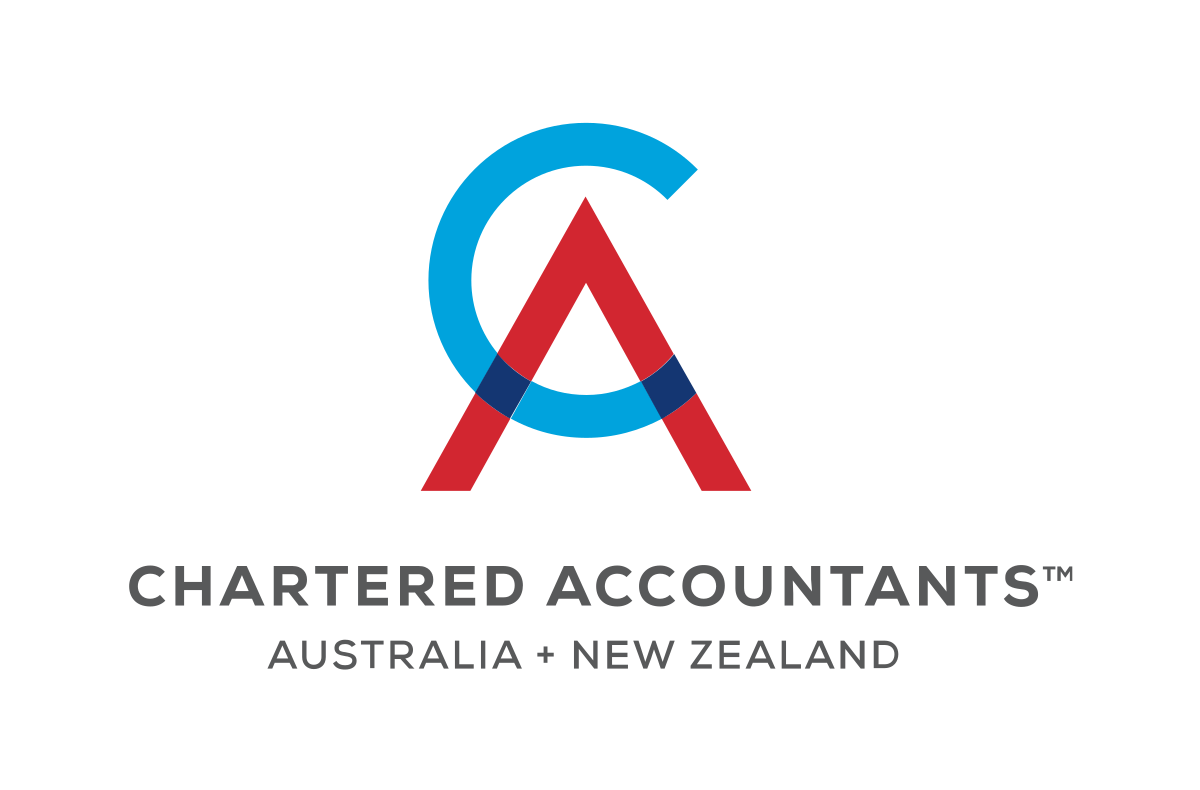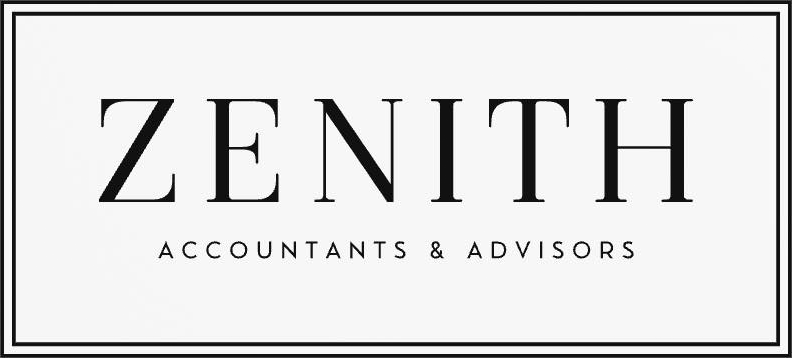BUSINESS STRUCTURING
CHOOSING THE RIGHT BUSINESS STRUCTURE
Are you thinking about going out on your own but not sure where to start? Have you recently opened a small business and need accounting or financial advice? Starting a business is an incredibly exciting time and our business accountants will ensure you set it up correctly.
At Zenith Accountants & Advisors on the Gold Coast, we provide business structuring and advice to help clients get their dream business up and running. We will discuss the pros and cons and provide advice on the various business structures, which include:
- Sole Trader
- Partnership
- Company
- Trust
Based on your unique circumstances, our team will ensure you choose the most suitable structure and guide you through the registration process. For more information on business structures, check out our
blog post.
HELPING YOU UNDERSTAND TAX & LIABILITY
Another important part of establishing a new business is understanding the tax and liability requirements for each structure. With Zenith Accountants & Advisors, we make sure you completely understand your obligations and work with you to ensure you meet them.
Our business accountants will discuss how different business structures have different tax implications and how to plan and manage business taxes effectively. We will also explain the varying degree of personal liability associated with each business structure and how to protect personal assets. For assistance with business structuring,
bookkeeping,
SMSF administration or
tax returns, get in touch today.
The business structure you choose will play a major role in the way your business operates and grows in the future. That’s why our accountants and financial advisors provide advice in the following areas:
- Capital Structure: Explaining how different business structures can impact a company’s ability to raise capital.
- Operational Efficiency: Discussing how different business structures can impact operations.
- Business Strategy & Planning: Assisting with formulating business strategies and plans, setting financial goals and assessing risks.
- Business Growth & Scaling: Assisting in planning for growth, including possible changes in business structure as the company scales.
- Regulatory Compliance: Helping clients understand and comply with the myriad of regulatory requirements.
- Restructuring: Providing guidance on restructuring an existing business.
- Succession Planning: Assistance with the transfer of ownership in the case of retirement, disability or death.
- Business Dissolution: Helping with the process of closing or selling a business.
Frequently Asked Questions
Learn more about our services.
-
What is a business structure?
Businesses can be structured as a sole trader, partnership, company or trust. Each structure has its own benefits and drawbacks. A sole trader is the simplest form of business structure and involves one individual owning the business. Partnerships involve two or more people sharing ownership of the business. Companies are owned by shareholders who are legally separate from the company itself, while a trust is set up to help manage investments or other assets.
-
What business structure should I choose?
The type of business structure you choose will depend on your individual circumstances and goals. It is important to consider the costs associated with each option, the tax implications and other factors such as liability and potential growth opportunities. Consulting an accountant about the available options can help you make an informed decision about which structure is right for your needs.
-
What's the difference between a sole trader and a company?
A sole trader is a business owned and managed by one individual, while a company is formed by shareholders who are legally separate from the company itself. A sole trader has fewer reporting requirements than a company, but can be personally liable for any debts incurred by the business. Companies typically have more start-up costs and administrative responsibilities, but offer liability protection to its owners.
Address
Unit 2/43 Township Drive
Burleigh Heads, Gold Coast
Zenith
Accountants








